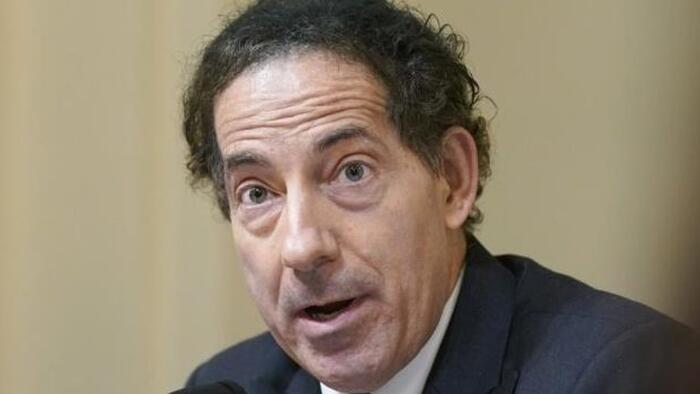In recent political discourse, the Democratic Party has stirred controversy by signaling that they would not certify the results of the 2024 presidential election if Donald Trump were to win. As reported by Axios, Democratic representatives, including Jamie Raskin and Jan Schakowsky, expressed doubts regarding the integrity of Trump’s electoral process, implying that they foresee potential manipulation that would undermine a fair election outcome. Raskin’s comments hinted that Trump would resort to “cheating” to secure victory, while Schakowsky raised questions about what “shenanigans” Trump may be planning. This rhetoric has reignited discussions among conservatives who point to the perceived hypocrisy in calling out Trump while simultaneously threatening to disregard the election results if it does not align with their expectations.
The preceding statements have drawn significant backlash from conservative circles, driving home the point of double standards in the accusations levied against Trump and Republicans, particularly regarding the events of January 6, 2021. Many have taken to social media platforms to highlight what they see as the Democrats’ contradictory stance on the integrity of democracy. Notable commentators like Colin Rugg and a host of others have expressed skepticism towards the Democrats’ positioning, underscoring the irony of these “democracy defenders” not committing to upholding election results, which they have previously condemned as significant threats to the nation’s electoral system.
Furthermore, there is a growing sentiment among conservatives that the Democrats have compromised the integrity of the electoral process long before the 2024 election cycle. Observers noted that the Democrats’ choice to elevate Kamala Harris without a robust endorsement during primary elections reflected a broader disregard for democratic norms. This sentiment resonates particularly well with individuals feeling that the current administration has strayed from the principles of fair representation, compounded by concerns about the legitimacy of any potential actions leading up to the next presidential election.
The discussion surrounding the Democrats’ stance on certifying election results also highlights fears of political unrest and escalating tensions within the American political landscape. Comments by Rep. Raskin suggesting an unwillingness to accept Trump’s potential presidency have ominous undertones, with some commentators, like Drew Hernandez, predicting a civil war-like scenario should the Democrats refuse a Trump victory. Such predictions echo larger concerns about the declining state of bipartisanship and mutual respect, elevating anxiety about how political grievances could manifest in real-world repercussions.
Less optimistically, these developments point to a broader trend of politicization of electoral integrity, where partisan divides blur the lines of objective truth and electoral fairness. The battle being waged on social media and mainstream minds reflects a societal divide that extends beyond election cycles and into fundamental views on governance and democracy itself. This escalating sentiment raises essential questions regarding how elections will be conducted in the years to come and the impact of political rhetoric on public trust and electoral participation.
In conclusion, the friction building between parties over the 2024 election results encapsulates deep-rooted divisions in American politics. The statements from Democratic leaders not only fracture the concept of a united electoral front but also suggest the potential normalization of ignoring the electoral process when outcomes do not meet partisan aspirations. As both sides grapple with differing perspectives on fairness and integrity, the future of American democracy’s functionality comes under scrutiny, raising urgent questions about the subsequent impacts these conflicts will carry into subsequent elections. The evolving narrative converges on the pivotal role of trust, accountability, and the necessity of preserving democratic principles amidst intensifying political hostilities.

